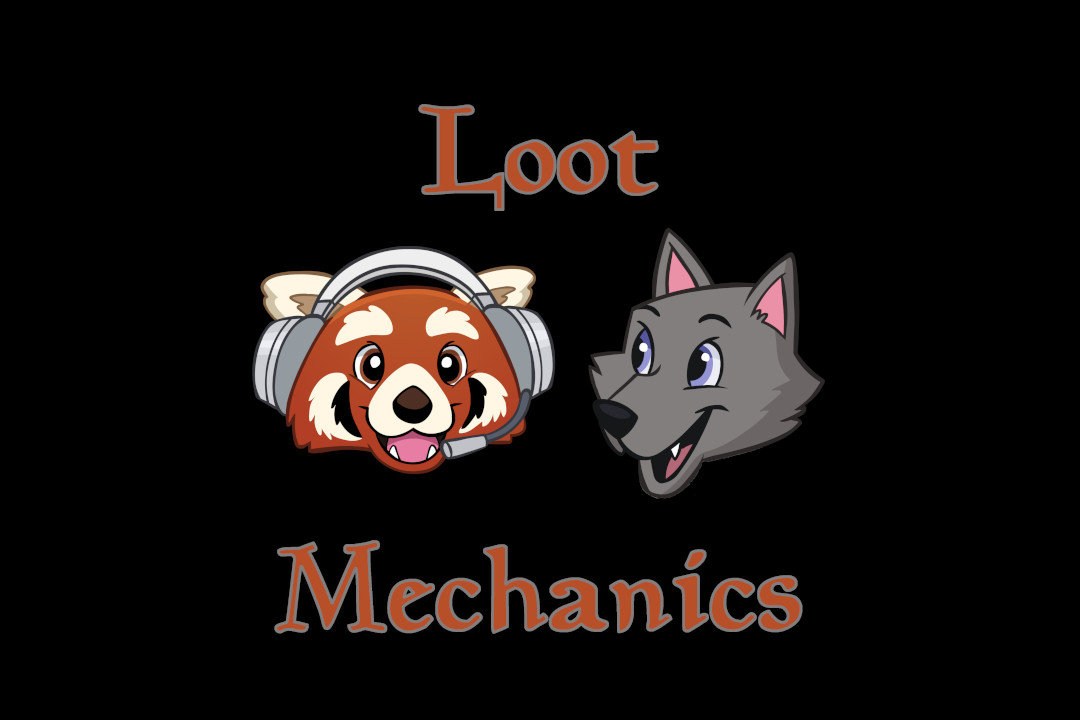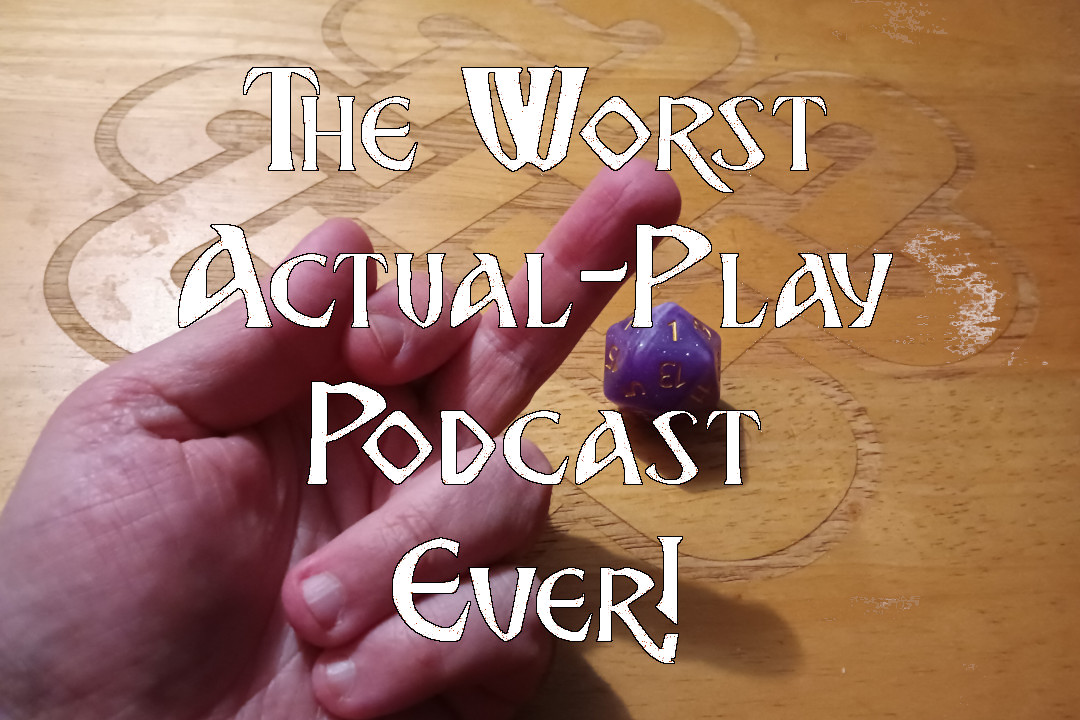I don’t write adventures for my players. When it comes to “Knights of the Tabletop”, I certainly don’t write with any of their specific characters in mind, at least not in total.
What I write are “Moments”… and they are way more meaningful than you might think.
Let me explain. I used to write whole storylines around the backgrounds of different characters, and then their player would either not be available for that game, or the player would want to play a different character. In short, writing your adventure to weave into and through the backgrounds of the group’s characters is a losing proposition.
This is why I do “Moments”, instead. But what do I mean by that?
If you might recall from earlier this year on “Knights of the Tabletop”, I did two Moments for characters that really stuck out, and resonated with those players. First was on our very first show, when I ran a one-off adventure in my brother Beoulus’ D&D 5E campaign, because he wanted to try out a Sorceror character he’d made. Early on in that show, I placed a troupe of half-elven dancers in the Faire, and specifically pointed them out to Ten (our Wood-Elf Paladin), who stopped to watch. I had the dancers notice her, and after their performance, they almost tripped over themselves like fan-girls, because they got to meet their Hero, which was of course Ten’s paladin.
This played off of her character’s background, where she was a member of Wood Elf nobility, but had some strangely non-elven physical features, such as more human-like ears, so she was treated poorly – like a half-elf – for much of her life. The only reason she wasn’t virtually ostracized was that she was of noble birth. So she left her Wood Elf family, and became a Paladin, who fights for the downtrodden in society.
Her moment, where not only was she recognized by strangers – something she had never expected, but she was also revered by them as a Hero who stood up to the Old Guard in Elf society, because being born however you are isn’t something to be mistreated for. That really inspired them.
This damn near made my wife Ten cry, because she was so touched by the moment.
Another time I used this was less of a touching moment, but was a pleasant shock for a player, who really enjoyed it. In “Pugmire”, Beoulus plays a former mercenary who was betrayed by the old mercenary company leader, causing him to strike out on his own. It was a nice piece of background, which I rewarded him for with a moment later on in the campaign.
What I did was, when the team made it to the plastic mining boomtown of Chewtoy, the Sergeant in charge of the local Town Guard made an off-hand remark about the former Guard Captian, who had been rather corrupt, as had many of his guardsmen. They had to flee in the night when the new Sergeant had shown up to deal with the corruption issues, and restore the King’s Justice to Chewtoy.
That Captain had been Beoulus’ character’s former merc captain. This brief mention of something from his background let Beoulus know I had woven his background into the story of the campaign, even if Rex (the Bad Dog in question) never showed up again. He was also able to play off of that in the scene, really enjoying the moment.
If for some reason Beoulus or Ten had not been available for those two adventures, the dancers would just have been dancers,and the remark about the Bad Dog would not have been nearly so impactful. in short, the adventure would have been virtually the same, regardless of who played, or which characters they included, but if the right players were there, and they played the right character, they would be rewarded with a special moment in the spotlight for themselves.
This, my friends, makes a huge amount of difference.
Let’s look at it the opposite way, though. Let’s presume that over the course of many adventures, the backgrounds and personal stories of all of the characters have gotten meshed into the campaign. While that does provide the players with a sense of Importance in the overall world that has been built, it also breeds a sense of pomposity, as well. Basically, the players may come to feel that their characters are more important that the overall campaign is.
There is also the problem where a player can’t make it for several sessions (Z????, I’m looking at you), even though their character’s background story is intrinsically tied to the campaign. This forces the GameMaster to play that character as an NPC, or change the story on the fly, to write out the parts involving that character. This can frankly be a huge irritation for not only the GM, but everyone involved. The GM has extra work, or the player misses out on some of their own story, or the rest of the team has one of their own being played by the GM (or another player doing double-duty, which has its own problems).
The point being, Moments make the players feel like their characters are alive in the world you are building, while not mucking everything up, should that player not be available. With a group like I have for KOTT, where people come and go session by session, this is essential to my campaign writing. But this also works in just regular campaigns, as well. Even if your players are always available, and always stick to the same characters, at the very least using moments keeps your players from thinking their characters are essential to the campaign, or that the “world revolves around them”, so to speak.
Thoughts? Leave your comments below.



